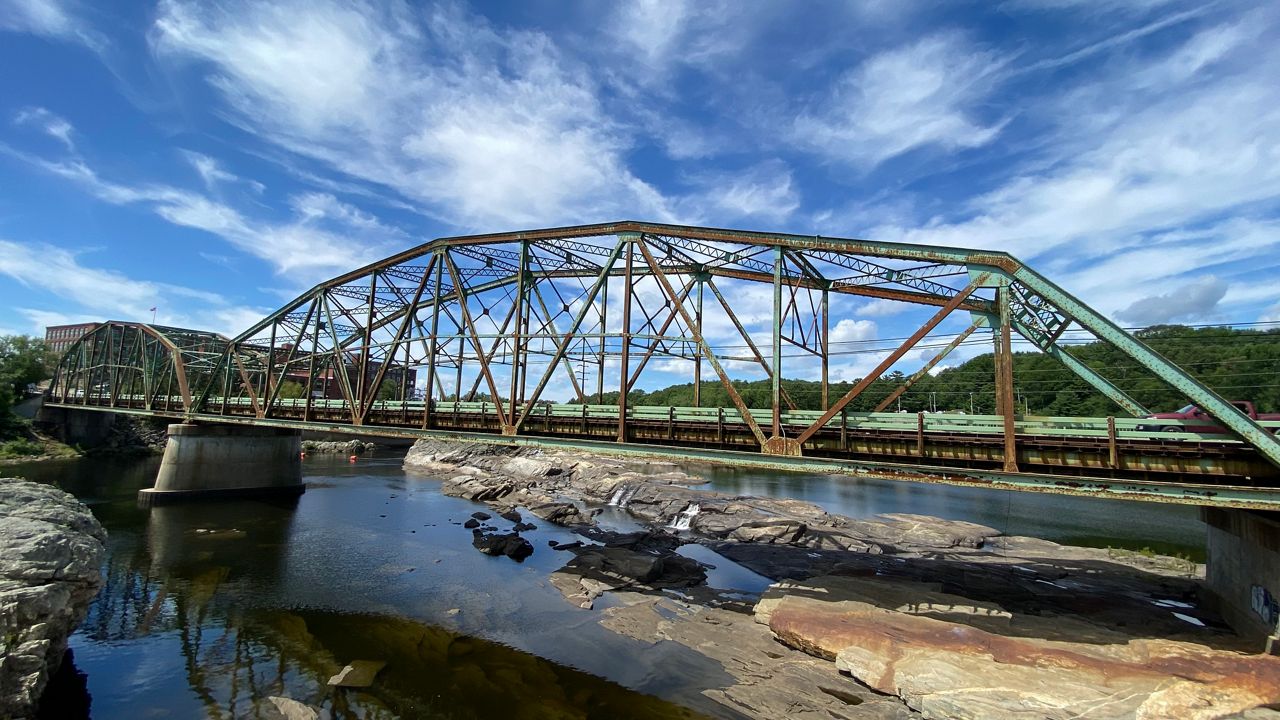Groups opposing the replacement of the Frank J. Wood Bridge that connects Topsham to downtown Brunswick have again filed a lawsuit to stop the state from beginning the project.
The groups, which include the National Trust for Historic Preservation and Friends of the Frank J. Wood Bridge, filed suit Feb. 24 in U.S. District Court to stop the Maine Department of Transportation from “planning, acquisition of right-of-way, financing, contracting or construction” of a new bridge.
At issue is a dispute over estimated costs, with the groups alleging that the state underestimates how much it would cost to replace the bridge.
Estimates to replace the bridge have ballooned from $13 million in 2017 to $33.5 million in 2022.
In late January, state transportation officials said it will cost “multiple times” the preliminary estimate of $13 million.
The bridge is inspected every six months because it is in poor condition. Commercial vehicles are prohibited from using the bridge and inspections have shown “aggressive deterioration,” according to DOT.
As proposed, a new 835-foot bridge will have sidewalks on both sides, parks on both ends and views of the Pejepscot Falls area. It will also be bike- and pedestrian-friendly, according to the department.
The state started considering options for the bridge in 2014 and in January, announced that it was ready to accept bids for the construction work after getting the green light from federal officials.
But opponents are appealing that decision by the Federal Highway Administration, saying it’s based on “inaccurate and obsolete data that vastly underestimated the costs of the new bridge.”
“This inaccurate data improperly taints the evaluation of alternatives that would avoid or minimize harm to the historic Frank J. Wood Bridge,” the suit alleges.
Members of the “friends” group are described in the lawsuit as residents who live near the bridge and enjoy using it “for a variety of activities including transportation, walking, bicycling, and studying and appreciating the history and architecture of the historic bridge.”
Built in 1932, the 805-foot-long bridge has three steel spans over the Androscoggin River. About 19,000 vehicles cross the bridge per day.
In a statement, state transportation officials say they are confident replacing the bridge is the right decision and that the lawsuit filed Friday “continues to press erroneous arguments.”
“The delay from the previous lawsuit has cost considerable money and time,” according to the statement from Damian Veilleux. “There has been marked increases in construction costs during the delay — increases that impact both new construction and rehabilitation. As has been found, a new bridge will cost less than rehabilitation and maintaining a 92-year-old existing bridge.”
The state plans to open bids for the new bridge project March 8.





